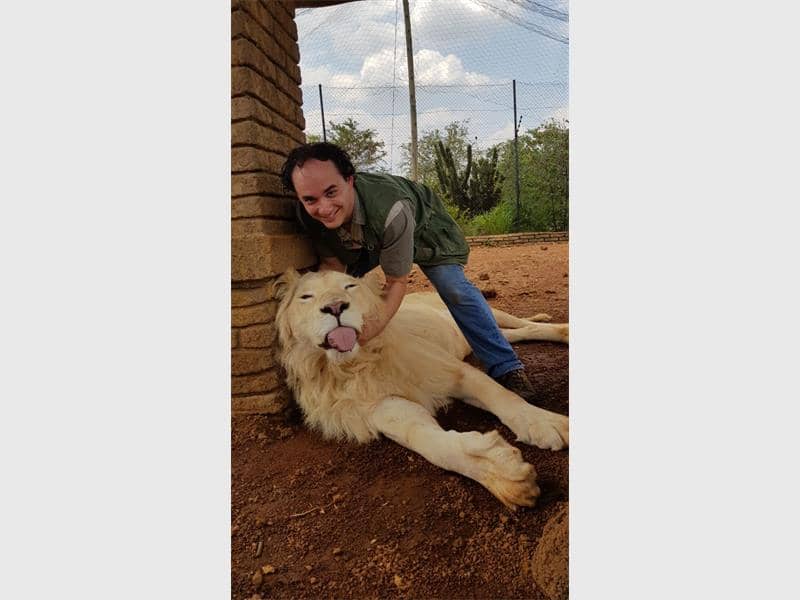Selecting the correct career is a crucial decision with far-reaching implications. It is a choice that will shape your future, underscoring the importance of making an informed decision.
Over the next few weeks, The African Reporter will engage with business people, professionals and other role players, focusing on a specific career every week.
By doing this, we aim to provide valuable guidance to our younger readers navigating their career choices. This week, we look at the veterinarian career.
Springs resident Dr Garith Newby has been a vet for 11 years and said anyone registered with the South African Veterinary Council (SAVC) can open a practice. He said making a meaningful difference in people’s and animals’ lives makes him love his job even more.
“The profession has many challenges, and you need to actively apply yourself daily to make a diagnosis. It is definitely not mundane. We regularly see new and weird things and work with animals we have never worked with before.
“We are our own surgeons, pharmacists, radiologists, anesthesiologists and pathologists. If you enjoy applying yourself, it is definitely a profession to consider,” he said.
What is a veterinarian?
A veterinarian is a highly trained medical professional dedicated to the health and well-being of animals. They are the doctors of the animal world and use their skills to evaluate patients, make diagnoses and treat a range of conditions.
What do veterinarians do?
Vets prevent, diagnose and treat illnesses and injuries in many animal species, including companion animals, livestock, exotic animals and wildlife.
Where can I study to be a veterinarian?
The University of Pretoria is the only institution in SA where you can study for a Bachelor’s degree in Veterinary Science. Only 190 first-year students are accepted annually for the course.
How long does it take?
The undergraduate course is six years, with four to five years of theory and 18 months of work-integrated training. Postgraduate qualifications are available thereafter if so desired.
Which high school subjects do I need?
English (level 5: 60%), maths (level 5: 60%) and physical science (level 5: 60%). The minimum requirements do not guarantee acceptance because this is a highly competitive course.



